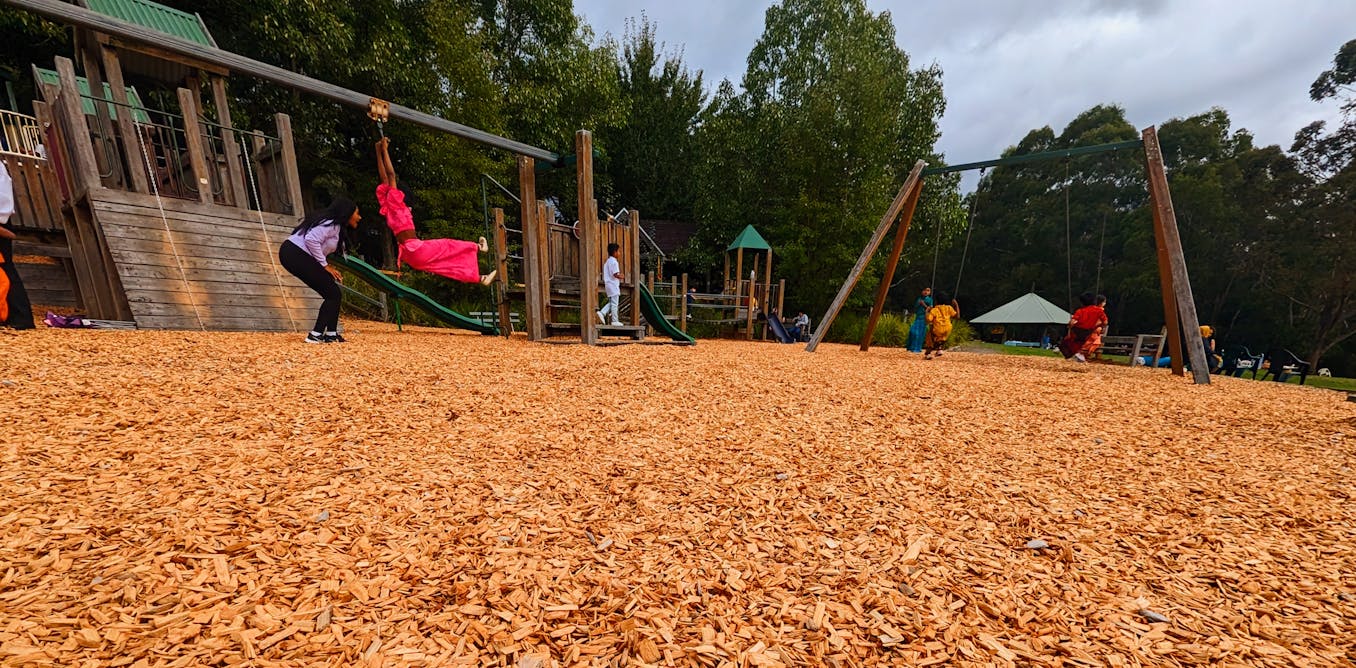Asbestos Contamination in Mulch: A Major Setback for Australia’s Circular Economy
Asbestos has been discovered in mulch used in playgrounds, schools, parks, and gardens across Sydney and Melbourne, causing significant concern among local communities who fear for their loved ones’ health. Exposure to asbestos poses serious health risks, potentially leading to chronic lung diseases depending on the intensity, frequency, and duration of exposure.
The contamination is believed to originate from timber waste from construction and demolition sites that was processed into mulch. To date, 60 locations in Sydney and 12 in Melbourne have been identified as contaminated, with the numbers likely to rise as investigations continue.
Following these discoveries, an investigation in Queensland also found asbestos in one compost and one mulch product.
The Largest Scandal in Australia’s Circular Economy
The widespread asbestos contamination is arguably the largest scandal in the history of Australia’s circular economy, which aims to recycle and reuse materials sustainably. Our research underscores the urgent need for mandatory certification of recycled products like mulch to ensure safety. Current local, state, and national policies on sustainable procurement do not mandate such certification, revealing significant ignorance and resistance within the recycling sector.
Overcoming these obstacles is crucial to ensuring the quality, performance, environmental friendliness, and safety of recycled products.
Actions Taken and Broader Implications
The initial detection of asbestos in NSW triggered a series of actions involving the NSW and Victorian Environment Protection Authorities, local councils, Fire and Rescue NSW, and a NSW taskforce comprising agencies like SafeWork, Public Works, and the Natural Resources Access Regulator. Measures include testing affected areas, cordoning off contaminated garden beds, engaging licensed asbestos removalists, and sampling to determine disposal options.
This scandal raises concerns about the reckless implementation of circular economy principles in Australia. It may deter local councils and other users from procuring recycled materials, potentially undermining efforts to advance the circular economy.
Regulatory Shortcomings
Under NSW legislation, mulch must not contain asbestos or other contaminants like engineered wood products or glass. However, it is not mandatory for suppliers to test for these contaminants, nor are there specified procedures to ensure mulch is asbestos-free. Existing policies, such as the NSW Environment Protection Authority’s Mulch Order 2016, have failed to prevent contamination, highlighting the need for effective strategies that integrate encouragement, education, and enforcement.
The Case for Certification
At RMIT University’s Construction Waste Lab ([CWL](https://www.rmit.edu.au

